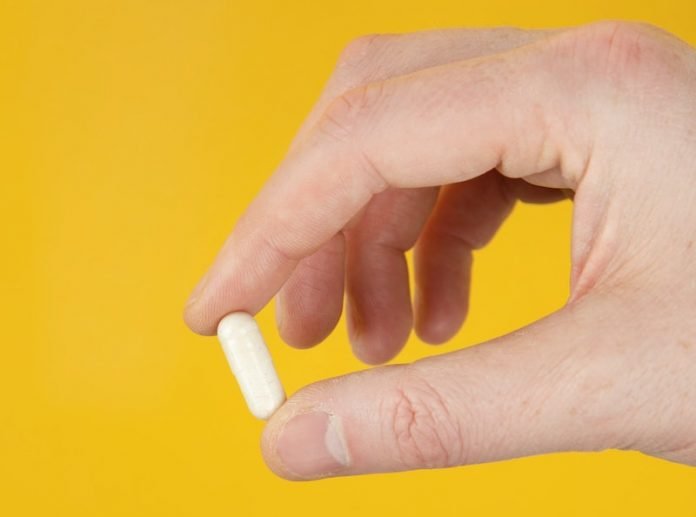
Fatty liver disease is an important metabolic disease, which without treatment can develop into cirrhosis or even hepatocellular carcinoma—that is, hepatic cancer.
In a recent study published in Nutrients, researchers found common dietary supplement prebiotic may help in the treatment of fatty liver.
The study is at the University of Jyväskylä in Finland. One author is Satu Pekkala.
In the study, the researchers were successful in partially preventing fatty liver disease in rats.
Rats with fatty liver disease were fed with a dietary supplement that is known to increase the growth of good bacteria in the gut.
Simultaneous with the increased abundance of the bacteria, the liver fat content decreased significantly. In addition, preliminary results from a human study seem promising.
The team was able to treat the fatty liver of mice by administering Faecalibacterium prausnitzii, a member of the gut microbiota with known anti-inflammatory properties.
Unfortunately, this type of health-beneficial gut microbes cannot necessarily be sold at pharmacies for human use.
So they wanted to find out whether we can increase its natural abundance in the gut with prebiotic fiber.
A prebiotic is defined as a selectively fermented dietary component that cannot be digested in the gut but serves as food for the good gut microbes, such as lactobacilli, thereby conferring beneficial effects for the health of the host.
The research team first found that the above-mentioned Faecalibacterium prausnitzii was able to use prebiotic Xylo-oligosaccharides (XOS) as food, which increased its growth.
After these positive results, the research team performed a dietary intervention in rats, in which fatty liver was induced in rats, and at the same time they were fed with a diet supplemented with XOS for 12 weeks.
XOS is a dietary supplement that can be found in natural products shops and online stores.
The results of the research showed that XOS increased the growth of the health-beneficial bacterium, and at the same time, significantly decreased the liver fat content of the rats,” says Pekkala, summarizing the main results.
The most important contributing factors to reduced liver fat were improved hepatic fat and glucose metabolism.
This is the first study to show such effects for XOS. Though the study was made using rats, the research team has already conducted XOS intervention in humans having a fatty liver.
If you care about liver health, please read studies about this statin drug may lower your risk of liver cancer and findings of new drug may prevent liver damage, obesity caused by high-fat diet.
For more information about liver disease prevention and treatment, please see recent studies about a new way to reverse type 2 diabetes and deadly liver disease and results showing that this stuff in vegetables may help fight fatty liver disease.
Copyright © 2021 Knowridge Science Report. All rights reserved.



